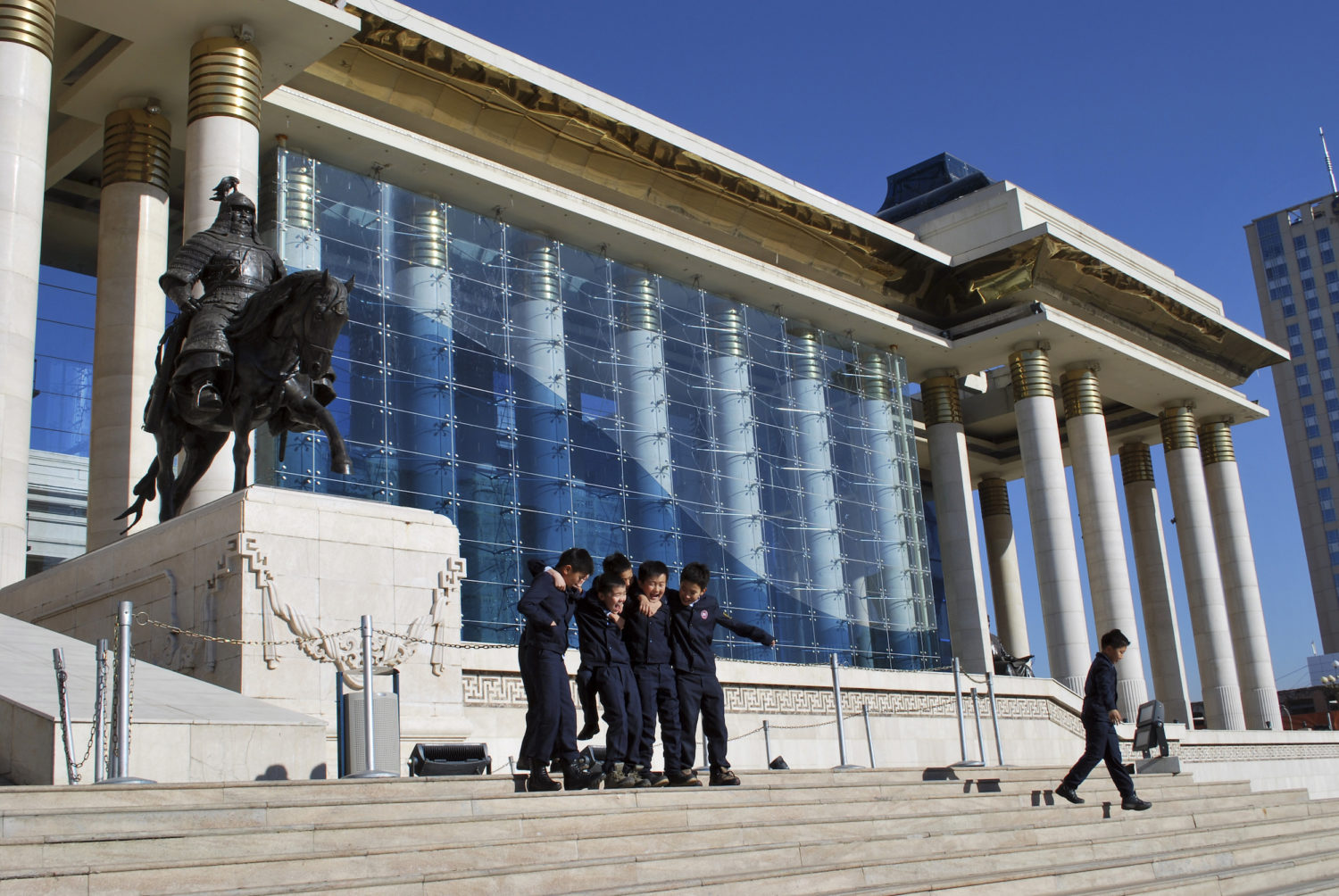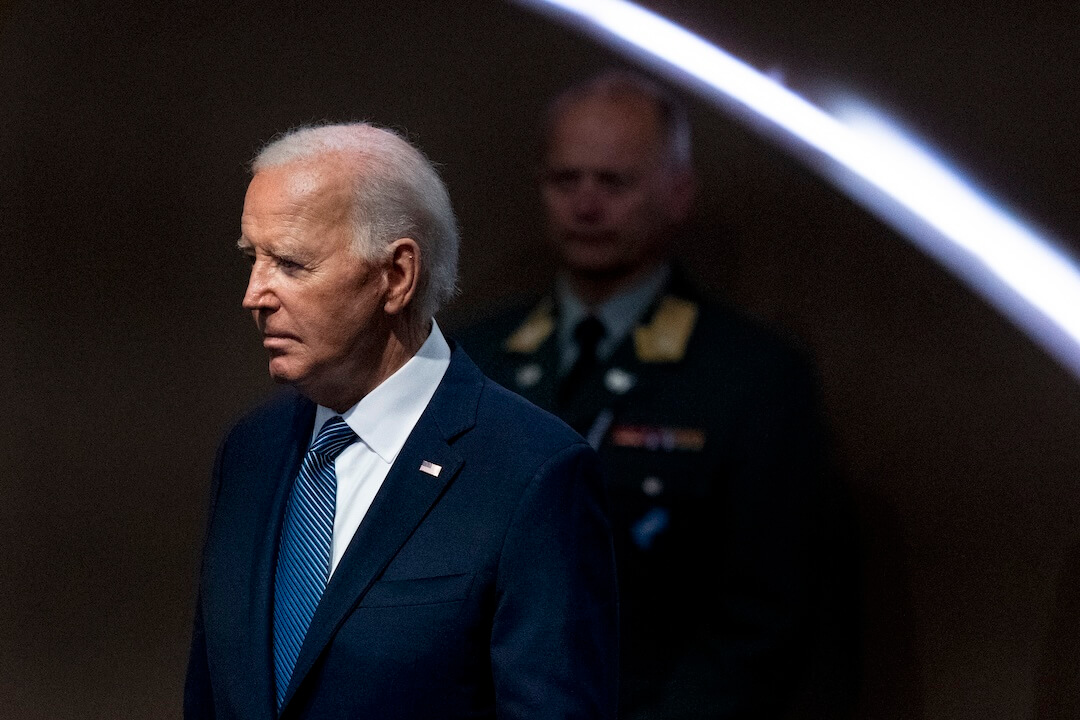The Mongolian parliament passed a multipronged law last week that would ban users from posting information about any public official without express government consent. Any information shared in an online group of more than three will be subject to inspection, and the minister of internal affairs can shut off the internet. Parliament expedited the law’s passage — approving it less than 48 hours after its introduction.
The law will go live Feb. 1, unless struck down by Mongolian President Ukhnaagiin Khürelsükh. However, that veto can still be overridden by parliament. Civil society and journalistic organizations hope that international pressure might reverse its decision.
The six-page law, named “Law on Protecting Human Rights,” restates several clauses in existing laws, but also serves new functions:
- It creates a public relations unit with 13-15 members tasked with enforcing regulations on social media and reviewing content for violations.
- It gives the minister of internal affairs the right to decide when to shut down the internet.
Rappler, an independent Philippine news organization, reported that content violations in the law include disparaging “state symbols” as well as “historical and cultural values, culture and customs of Mongolia.”
“We didn’t think much of it when it was first submitted, but by the end of Wednesday, they said they would expedite the process because it concerned national security issues,” said Dulamkhorloo Baatar, the co-founder of Nest Center for Journalism Innovation and Development, a nongovernmental organization that promotes journalism in Mongolia. “That’s when everyone started to be interested in the process.”
But the discussions took place during work hours, and by Friday afternoon, the law had passed without meaningful public scrutiny. Baatar said the Nest Center was in a meeting about what to do if the law passed when the parliament session — in which the law was approved — broadcasted its passage live.
“It was a really fast process. In two days, they had a new law that would regulate social media and give states the ultimate power to shut down the internet if they think it’s necessary,” Baatar said. “Passing this law without properly introducing it to the public or stakeholders is a violation of numerous laws.
An archived version of the legislation can be accessed via archive.org, but the official page on the Mongolian government’s website has since been removed.
“The Law on Legislation of Mongolia regulates the process of creating a new law, but the said law was rushed through Parliament within 2 working days, without having consultation with affected target groups, professional organizations and the public. The process in which the law was passed is the third time since 2022 that the ruling Mongolian People’s Party has passed a law or amendment without following the due process,” The Nest Center said in a statement.
Given reasons for the law include protecting the public from cybercrime, disinformation and the sexual exploitation of minors online. But some Mongolians read it as a cut-and-dried power grab — a petition is now circulating with over 6,000 Mongolians in support, according to Baatar’s Substack.
“The danger is that many of the clauses in this law give the power to make decisions based on very subjective personal views,” Baatar said.






